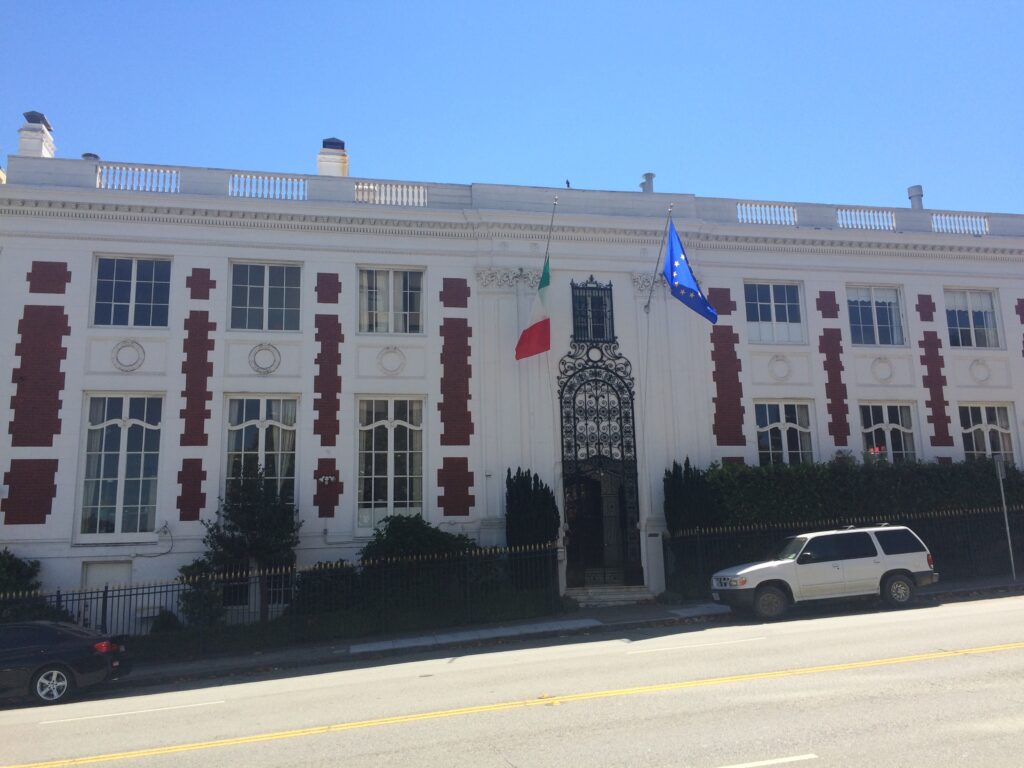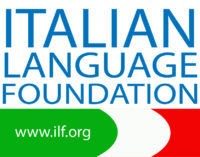
By Juliet Hallier
Juliet Hallier, is a high school senior student at San Joaquin Memorial High School in Fresno, CA. Juliet has been studying Italian for 3 years and plans to continue her studies in college. She is an academically achieving student, who volunteers at the Sons and Daughters of Italy’s charitable cultural events.
The Italian Consulate in San Francisco is perched atop one of the steepest hills in the bay, overlooking the Pacific Ocean and the bustling harbor filled with visitors from all over the world. Although I have seen the city lights many times in my short eighteen
years, I will never forget the moment I walked through those consulate doors to receive my Italian passport for the first time. As an American teenager, the moment was surreal. With my mom and two little brothers at my side, this opportunity was over 150 years in the making.
Let me explain. See, my three-times great-grandfather was born in a tiny citta called Poggioreale on the island of Sicily, twelve years before Italy officially became a nation in 1861. When his two children were young, he knew that life on the island would become increasingly difficult. The family left the home that his ancestors had lived in for centuries, lured by the American dream and a better life for him and his wife. For decades, my Italian-American relatives then passed down the stories of their courage, tenacity, challenges, and nostalgia for the island, but they never let it get the best of them. My passport signifies their strength, their prayers for their offspring to live and breathe the American dream, and their inability to never go back home.
So, I don’t take my newly recognized Italian citizenship for granted. Not even for one day. Maybe it was because of the stories passed down by my great-grandparents in their native Sicilian tongue. Maybe it was the notion that my great-aunts were too ashamed to speak Italian in an unfamiliar and frightening English-speaking environment.
Regardless of the reasons why, the nuances of the Italian language definitely don’t come naturally to me. Even as an Italian citizen, I struggle to recall the subtleties of a delicate tongue click or a romantically rolled “r.” From the time I started studying it, deep in the
online world of the COVID pandemic, I knew I wanted to grasp the language in a way that I just couldn’t accomplish in the limited three years that my high school offered.
One thing I am now confident about is my desire to learn the language so that I can think in Italian, dream in Italian, and eventually communicate so effectively that it will enable me to continue my works of service, both in college and in the Italian-American communities that need assistance.
Language is about more than just talking. It is about conveying emotions, appreciating our diversity, learning about our past, and collaborating in such a way that groups of people can move mountains together. Our journeys through life are fluid, made up of pieces of not only who we are, but where we came from. The old Italian law that allowed me to receive my Italian citizenship, along with my family’s grit and grind over the
years, was the impetus that sparked my desire to learn more about my family’s culture and language. I look forward to continuing this tradition while in college and beyond.
